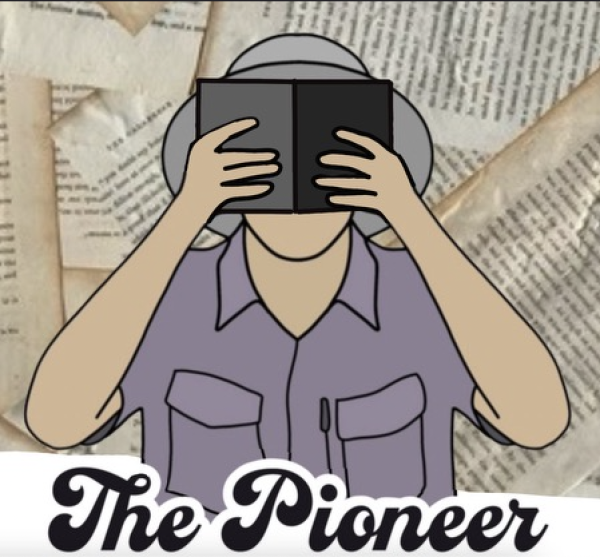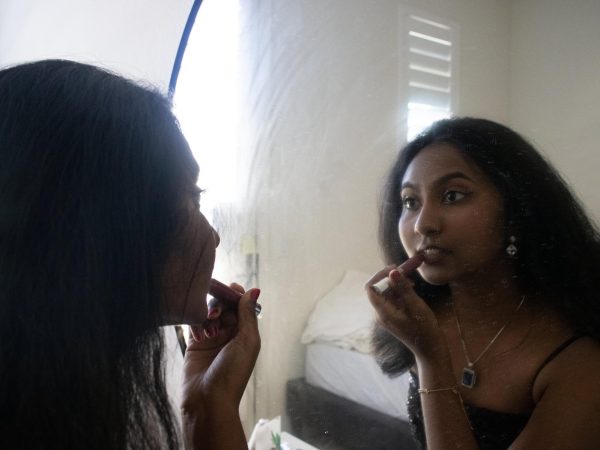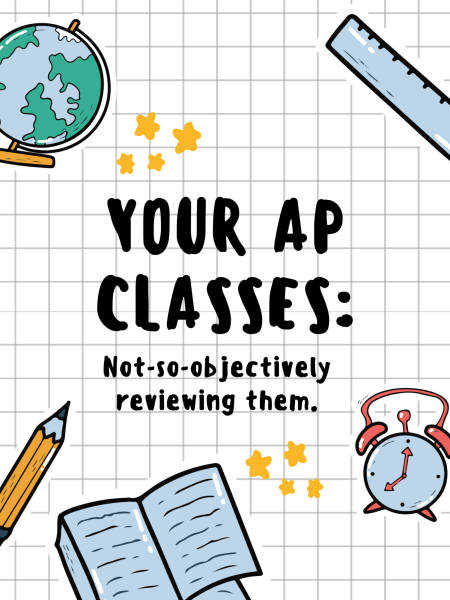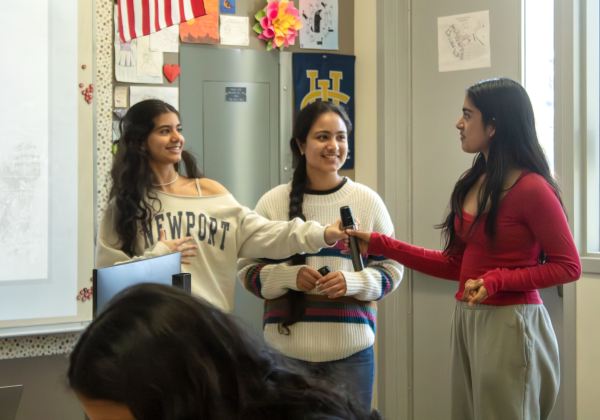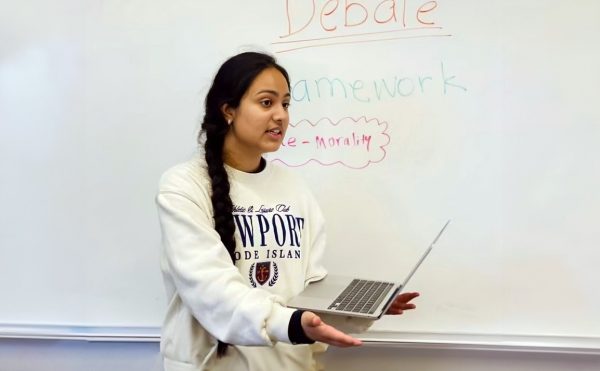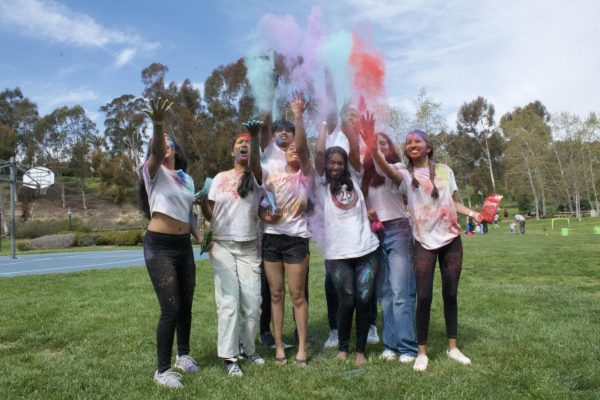Social Studies Teacher Turns Political Advocacy to Teaching Political Literacy
Marisa Wilkerson stands in front of the U.S. Capitol Building during 2017 when she moved to Washington, D.C. for her internship with an interest group during college.
What images do you think of when thinking of the word “politics”?
For many, it could be juxtaposing images of colliding reds and blues, yelling, arguing and mudslinging campaign videos cycling around the internet.
Because of the notoriety of partisan politics, many may be hesitant to actively participate in politics. However, social studies teacher Marisa Wilkerson said she thinks engaging in political campaigning allows individuals to connect with the community and believes that voices, especially student voices, are powerful.
“I think that once you participate in political campaigns, you really do see how the government affects every person every day,” Wilkerson said. “Once you get on that ground level and you see how important these candidates are and how important these campaigns are for so many people and making sure that people are living the best lives that they can, I think that then you realize the work that you’re doing is really important and it’s really important to vote and to be an engaged citizen.”
Only a year ago, Wilkerson would have been at her desk, calling and researching different individuals, federal agencies and groups to collect funds from those willing to support her organization’s cause. From 2015 to 2020, Wilkerson worked as a political fundraiser for different organizations and candidates and participated in presidential, gubernatorial and congressional races.
I think that as an individual, it helps me have a purpose knowing that I want to help this organization or help get this legislation passed or help get this person elected. But I also feel like I’m doing my part in the community to make the world a little bit of a better place.
— Marisa Wilkerson
When Wilkerson encountered the opportunity to intern for a candidate’s campaign when she was majoring in political science during college, she worked as a political fundraiser for the group. While she said she was not familiar with the job initially, she enjoyed the opportunities to host events from luncheons and small-20-person get-togethers to 1,000 membered concerts, all for the causes she supported.
Her work in political advocacy inspired her next steps of her career journey as a social studies teacher, as she said working with younger individuals made her realize their lack of interest and understanding in politics.
“My work in campaigns is one hundred percent the reason why I became a teacher,” Wilkerson said. “So working in politics, once I realized that I knew I needed to make a change, I figured the best way to do that would be to get into the classroom and help young people see that their voices are really powerful and that young people need to have a say in what’s going on in the country if they want to see it going in a certain direction.”
Wilkerson now teaches Passion Civics, Honors American History and AP Economics to promote active citizenship and government accessibility, hoping students can learn to use the power of their voices and develop their individuality. She says she is especially able to use her personal experiences in Unit Two of Passion Civics, which focuses on Campaign Financing, interest groups and elections, and her favorite to teach is the electoral college.
“I think there’s so many things going on in the world that sometimes we have a hard time focusing,” Wilkerson said. “I think that as an individual, it helps me have a purpose knowing that I want to help this organization or help get this legislation passed or help get this person elected. But I also feel like I’m doing my part in the community to make the world a little bit of a better place.”
To encourage student activism, Wilkerson recommends starting in the community to first determine policies and issues that might align with their own interests. Students can bring her lessons to life with a simple visit to town hall.
“You may realize you really agree with your officials or you might realize ‘I don’t necessarily agree with the people speaking for me, I should do something about this,’” Wilkerson said, “So starting there, but also to look into the causes they care about.”
Your donation will support the student journalists of Portola High School. Your contribution will allow us to purchase equipment and cover our annual website hosting costs.
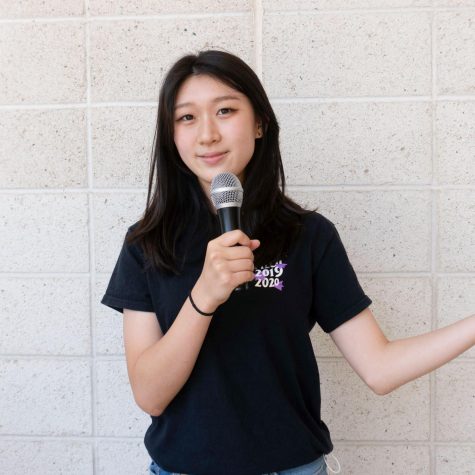
Bia Shok is the co-news editor for her third and final year on the Pilot! She is super excited to expand the Pilot’s influence even further this year...



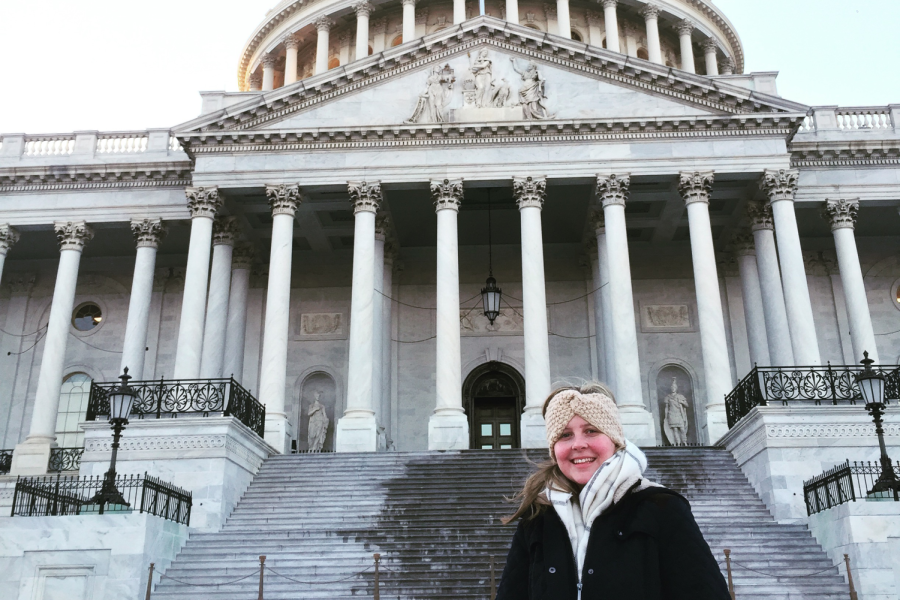

![Mares demonstrates his lettering while patrolling the campus. “[Calligraphy] wasn’t like baseball or football,” Mares said. “I just liked it. It’s kind of just one of those things that you can relax with.”](https://portolapilot.com/wp-content/uploads/2024/06/George-Caligraphy-600x450.jpg)
